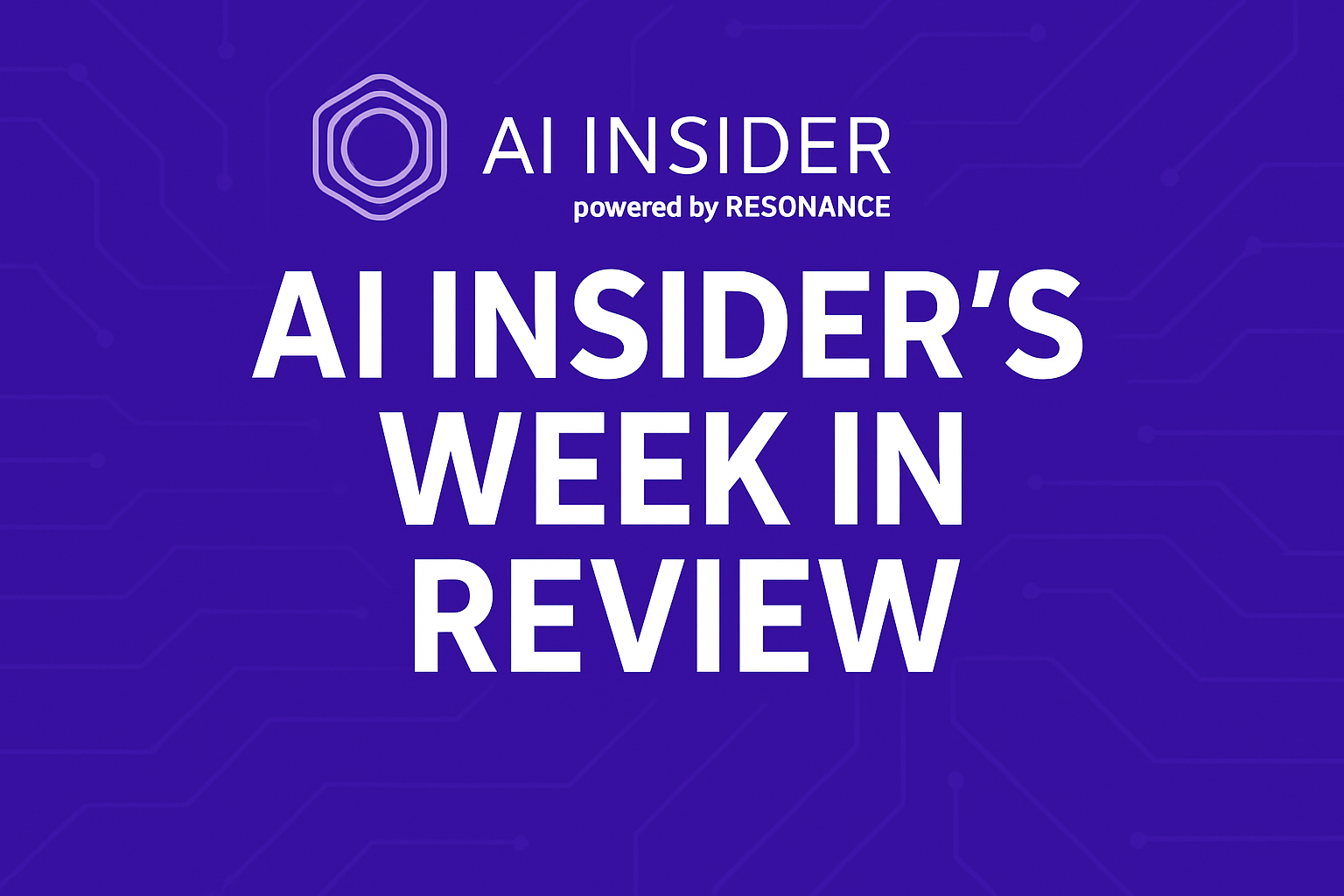As reported in Resonance’s sister platform Climate Insider this week, Meta’s 2024 Sustainability Report underscores the significant environmental challenges posed by the growing demand for artificial intelligence (AI). As AI systems become more central to Meta’s operations, they drive increased energy consumption, requiring substantial shifts in the company’s infrastructure to balance sustainability efforts. In 2023, Meta’s net emissions reached 7.4 million metric tons of CO2e, largely due to AI-driven operations.
To address this, Meta is optimizing its data centers with liquid-cooled hardware and high-performance networks, reducing water and energy consumption. These new designs support denser AI clusters, improving computational efficiency. Meta is also integrating dry-cooling technology to cut water usage in regions with limited resources.
The report underlines the issues at hand on managing the spiraling consumption of energy by AI, and how to make their demands sustainable in meeting the company’s sustainability target toward net-zero emission by 2030. While its commitment to renewable energy and cooling technology innovation is a proactive approach, continuous balancing between expansion of AI and environmental impacts is one of the significant problems Meta faces.






